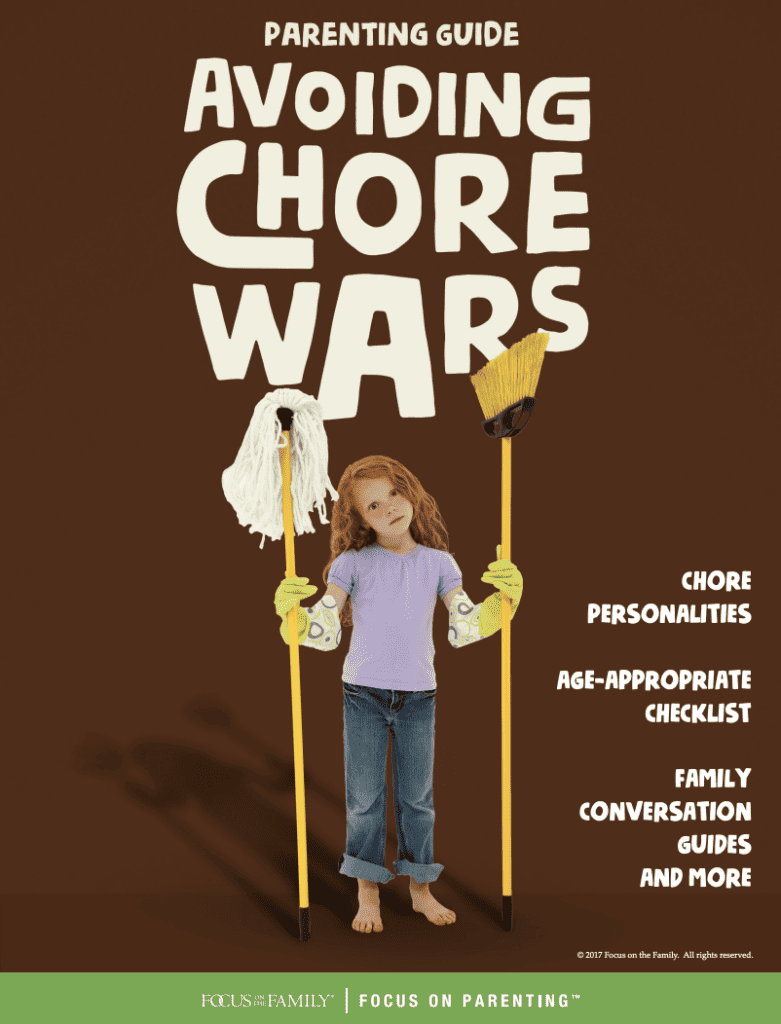Age & Stage
Menu
Menu

Children build their self-confidence through learning small, real life skills.
“Me do.” My toddler pushed away my hand and reached for the zipper on the front of her fuzzy, footed pajamas.
Does a parent insist on helping or let those immature fingers take twice as long to do what I can do in a heartbeat?
Remembering I am raising adults, whenever possible I allow my child to do what they can for themselves. Investing time now to teach a skill saves countless hours in the future and equips my child with essential abilities. But the biggest benefit is how a child is impacted by being able to do things independently. Confidence is built when we know how do to something. When we can trust ourselves to accomplish what we set out to do.
My daughter knew how to do laundry so when the child she was babysitting got sick, my daughter confidently put the bedding into the wash and remade the bed for her small charge. She is the favorite sitter because she learned and practiced skills at home that she will use where ever she goes the rest of her life.
Children feel secure when they know they are an intrinsic part of the family. Chores provide opportunities to build confidence as a child learns life-long skills, demonstrates mastery, and is a participating and important part of the family. Relationally, when responsibilities are shared, everyone better remembers that I am the mom, not the maid.

Post a chore chart each child can follow without daily reminding. Use pictures for younger children. For instance, a drawing of a bed reminds a preschooler to make the bed. The figure of a dog, cat, or goldfish represents feed your pet.
Once a child proved their dependability at home by doing their chores and schoolwork without being told (aka, nagged), they earned the privilege to work outside the home. They were the favorites for pet sitting and caring for the mail and houseplants when neighbors traveled.
As your child grows and gains abilities, continue to develop confidence through age appropriate skills. Here is a general list of what children are commonly able to do after receiving nurturing instruction:
When your child asks to learn a skill, whenever possible, accommodate the request. Parents are the natural teachers in a child’s life, nurturing a child’s naturally developing independence. As their abilities increase, so does their confidence.
For parents, there is a continual balance of protection without overprotection; of helping and teaching without rescuing by doing much that your child can do himself. As often as possible, celebrate these natural progressions to independence. The goal of parenting is to work ourselves out of a job as our child transitions into adulthood and becomes a contributing member of society with their own personal relationship with God.